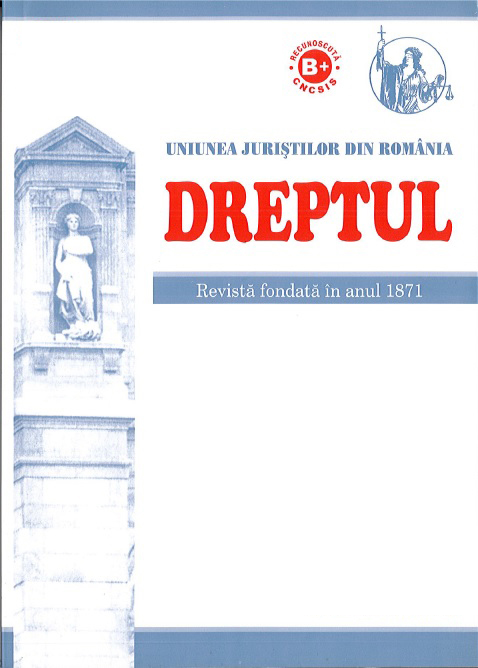The generation of public procurement directives1 adopted in 2014 supplemented the number of exclusion grounds from the contract award procedure, adding, inter alia, the hypothesis from Article 57 (4) (d): „where the contracting authority has sufficiently plausible indications to conclude2 that the economic operator has entered into agreements with other economic operators aimed at distorting competition”.
The respective exclusion ground has been regulated in the public procurement directives as an optional ground, being however provided for the Member States the possibility to transpose it into national laws as a compulsory ground. This regulatory modality, which inexplicably restricts the scope of incidence only at the conclusion of agreements, although competition can be affected by other methods, and which allows different transpositions by the Member States, has led many doctrinaires to react critically to the prospect that such an important exclusion ground generate a relatively narrow and non-unitary practice at Union level.


